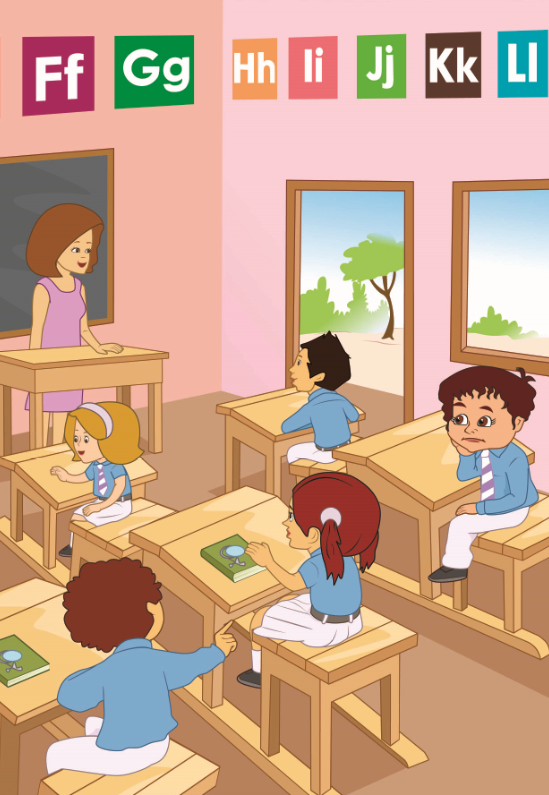For those of us who lead really busy lives (and I think that most of us, if not all of us, would fit into this category), we may find ourselves asking the question, “Is reading to our children really that important?”
And in answer to this question, my response would have to be a definitive, “YES!”
One of my favourite quotes that I stumbled across recently is by Professor Frank Oberklaid, a paediatrician and the driving force behind the ‘Let’s Read’ campaign at the Murdoch Children’s Research Institute: “In the same way we immunise children against the risk of infection, the best way to immunise your child against the risk of reading failure is to read to them from a very early age.”
The above quote was taken from an article which appears on the Murdoch Children’s Research Institute website. According to Professor Oberklaid, “The foundations of literacy are laid down well before kids get to school. Language develops naturally. Reading doesn’t. You have to be taught.” In addition, he states that, “The building blocks of reading include learning the alphabet, understanding that the letters have particular sounds and becoming familiar with the way words appear in books, from left to right. The best way to establish this before school is to simply read to children.”
After reading this article, it really brought home the extreme importance of reading to children from a very early age. It also reminded me of the time I attended a lecture on brain development in pre-schoolers when I was a student undertaking my primary teaching course. I remember being taught that the brain in children under five years of age, or in children before they start school, is like a sponge, readily absorbing information from the world around them. But once these children started school, this scenario was no longer applicable as the children were now faced with learning how to adapt to school life and the challenges associated with being in a new and totally different environment to one which they had previously become so accustomed to during their early years.
Admittedly, sometimes it’s difficult to find the time to sit down and read books to our children. But by reading books, we are actually acquiring knowledge and gaining a greater understanding of the world around us. This acquisition of knowledge is the greatest gift that we can ever bestow on our children. And if we make a conscious effort to set aside some time every day, no matter how small, your children will be thanking you for it later. Not only will they be acquiring knowledge, improving their grammar, vocabulary and literacy skills, but you will be responsible for fostering a love of reading and of books in your children which will greatly benefit them in the future, and for many years to come.
It’s also important to remember that books can last a lifetime, and be treasured and passed on from generation to generation (After all, in my own home library, I have a special allocated spot for my favourite books that I have owned, ever since I was a child). Ultimately though, if we aspire to try our utmost to take responsibility for our children developing an appreciation and love for reading and of books by reading to them as often as possible, we can rest assured that we are giving our children the head start they need in life and the most valuable asset that we can ever hope to possess – the gift of knowledge.

